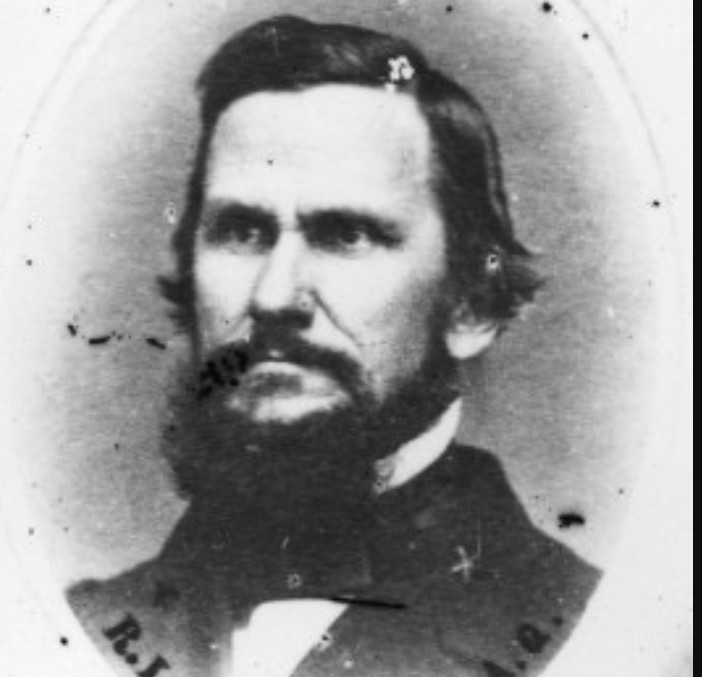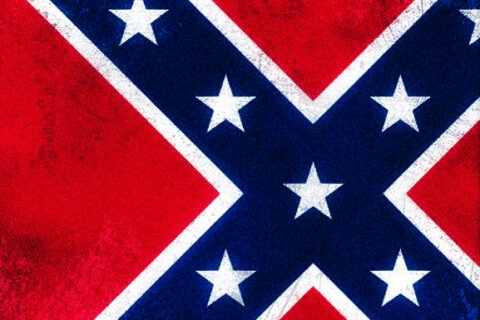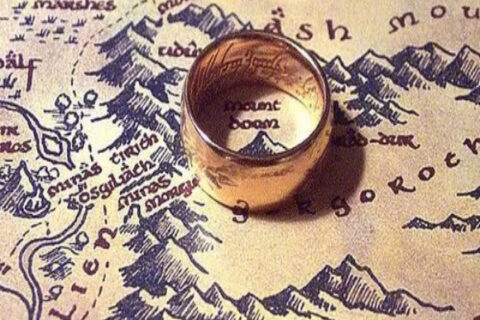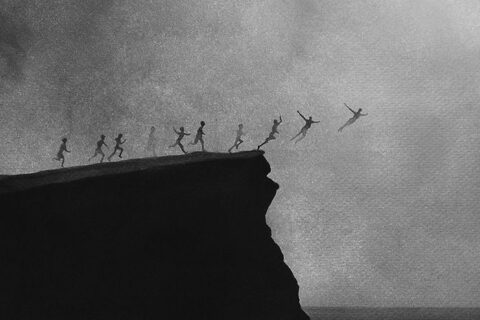I wasn’t much of a reader as a child, not if you calculated how often I cracked open a book or read periodicals, except those assigned to me in school. My time was mostly spent outside, active in sports, especially those I excelled: baseball, football, and fishing. However, when it was for my own pleasure, I enjoyed reading about heroes, battles, ships, tanks, etc. (as I suppose most young boys would). As I recall, the first two complete books I read as a boy were about Alexander the Great and Hannibal, then on to King Arthur, Julius Caesar, the Spartans, the Punic Wars between Rome and Carthage, and, of course, our home-grown heroes such as Lee, Washington, and Andrew Jackson. Years later, as I grew into manhood, my reading focused on theological matters almost exclusively. Unfortunately, books of fantasy escaped me unnoticed, except The Hobbit and parts of The Lord of Rings trilogy.
Even though I didn’t read fantasy and science fiction, on the big screen I consumed them. For it is in these genres, brothers and sisters, where grand ideas are vividly explored. It would take too long to list all the blockbuster movies I saw the day they arrived at the box office: Close Encounters of the Third Kind, Star Wars, Excalibur, Alien, etc. And though those were fantastic, by far, my all-time favorite was the 1984 version of Dune, based on the writings of Frank Herbert.
The costumes, sets, and actors elicit pure Prussian military steampunk. The story is fascinating, complex, and compelling, as an imperial scheme to maintain control over the wealth and resources of a desert planet unfolds. The inhabitants, a noble and ferocious people, are forced to become an insurgent militia on their own home planet. These warriors await the fulfillment of a prophecy, the arrival of a great leader from another world, who will set all wrongs to right and not only free them from their occupation, but release their planet and transform it from desolation, restoring its long-destined beauty.
Since the 1984 release of Dune, there have been multiple retellings of the story. The latest adaptation has a completely different feel from the original; and, in my opinion, it captures the desperation of the characters more accurately. Although both movies take liberties most Dune-purists (like my two younger children) would reject, it dramatically expresses cultural and strategic models that Southern Nationalists may want to emulate.
The native people, over time and through many occupations, form an unbreakable bond among themselves; they set up an honor system to maintain order, protecting the whole by defending the rights of the individual among equals, until the time a worthy leader arises. In a world where it never rains, they sacrifice everything to store vast amounts of water, so they are prepared when the moment arrives. They maintain the illusion of compliance, yet build compacts and well-trained fighting cells, an insurgent force, that inflicts constant and nagging damage, while minimizing casualties. Their common eschatological belief system solidifies their bond among the faithful.
These are all things we, as Southerners, know very well, especially those of us from a certain era. We must recapture and expand our mythology, our way of looking to our soil, our blood, and our religion. Those that oppose us know this is a powerful force if awakened. Even in the new Dune there are a couple of dog whistles from the director toward our people. Although I’m sure they were meant to belittle us, they really are a complement.
For in this movie, the warriors from the southern regions are the most dangerous; they are the most faithful to the religion, and their leader, Stilgar, knows the signs of the coming messiah, Paul Atreides, even before the young duke comes to that ultimate realization. In one of the scenes, a few fighters are making fun of the prophecy and Stilgar. As Paul questions them, they ridicule the zealousness of the people of the south. Paul asks if Stilgar is from the south, and one fighter responds, as the other giggle, “Yes, can’t you tell by his accent?” At that point, I knew our people lived in the head of the director rent free.
We have work to do. There are spells over our people that must be broken, resources that must be stockpiled; we must prepare for an uncertain future, as the imperial hold over the United States collapses. Long live the faithful!
Deo Vindice!
God Save the South!

Service to God and honor to the South.






Great article, and I agree, Dune of 1984 was phenomenal and pooh-poo’d only by dimwitted critics. And the soundtrack….I’ve never heard a better one that captured the essence of the story like it did.
Though you’re in the South and I’m just outside of Seattle, realize that what you may label the “Southern Spirit” or some equivalent exists everywhere in this country to varying degrees. I know many guys from here, Oregon and Idaho who have “it” in them the same as those in Georgia, Florida and South Carolina. We’re feeling the same way.
Glory!
Yup, Outside Seattle myself, though raised in Bama. My people are at some churches and gun shops. Outside Seattle cesspool, people are decent.
.there’s a good article over at Abbeville institute about nationalism vs. Patriotism.
In itbit says nationalism is the pursuit of raising a nation above that of another. Whereas Patriotism is the defense of one’s nation.
To that definition I proclaim I am a Southern Patriot.
Amen